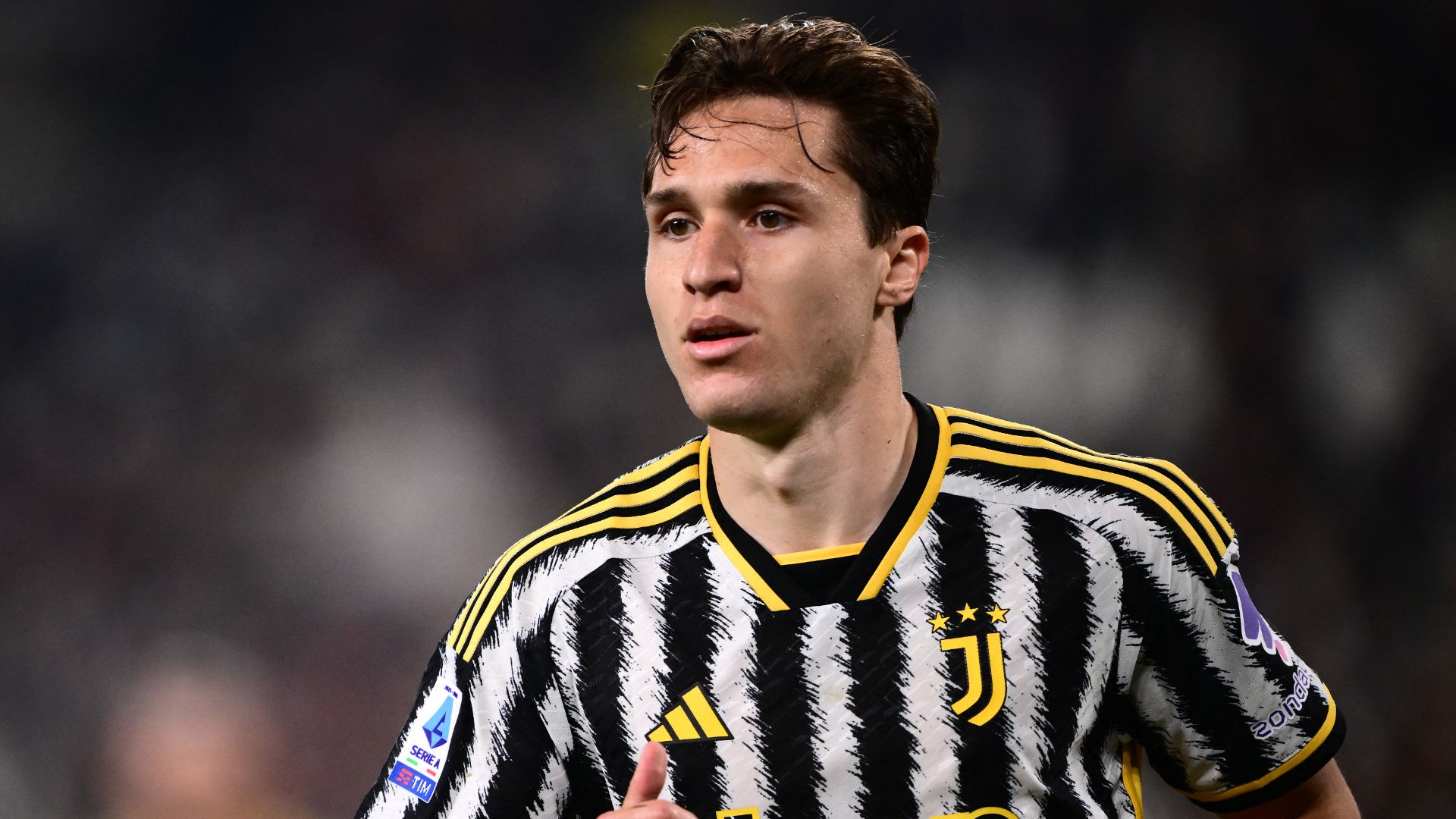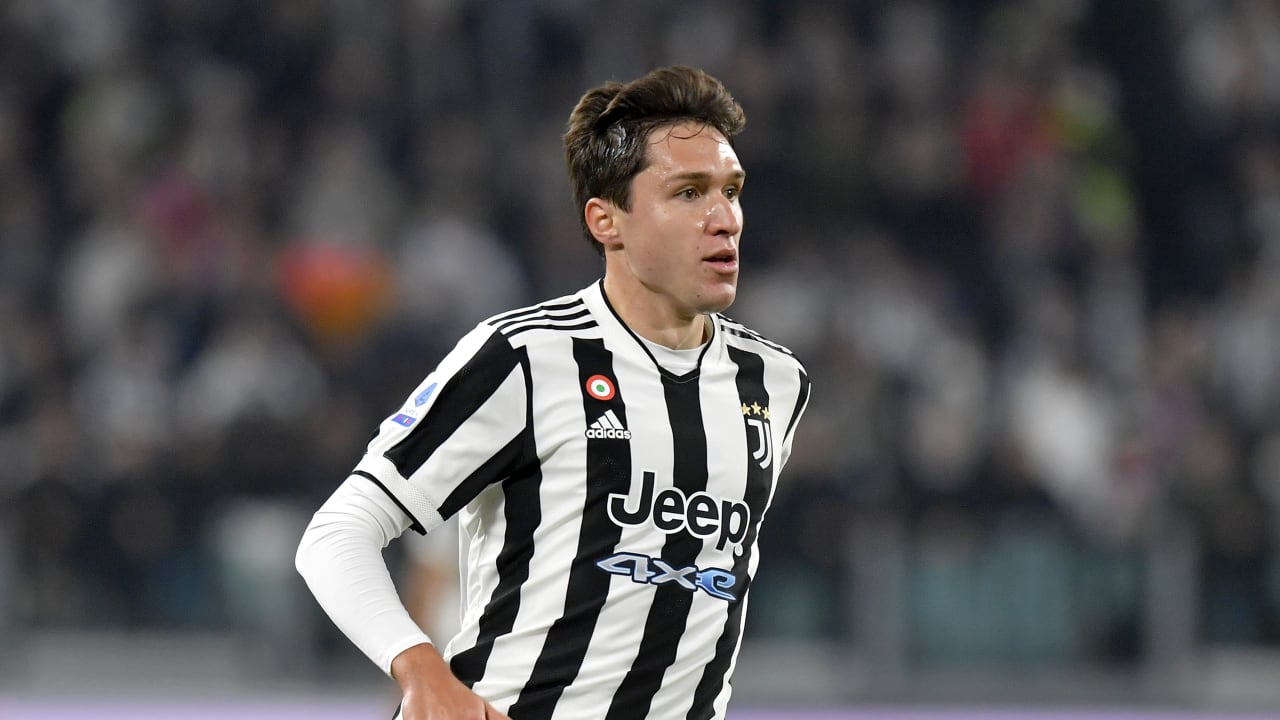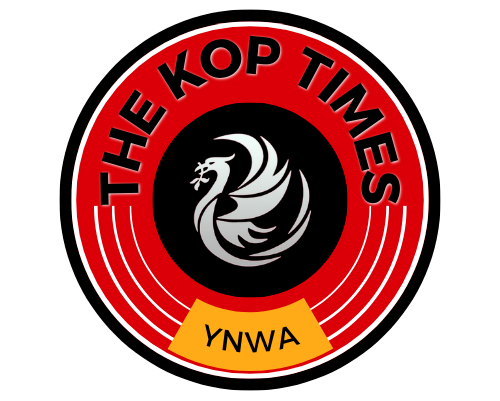Federico Chiesa at Liverpool – a SWOT analysis
Liverpool are on the verge of signing Federico Chiesa from Juventus, with Fabrizio Romano already giving his famous “Here We Go,” signalling that the deal is all but done. The 26-year-old Italian winger, who has been a long-term target for the Reds, particularly after his stellar performances at the 2020 Euros, is set to bring his dynamic attacking prowess to Anfield.
This move marks a significant statement from Liverpool, especially under new manager Arne Slot, who has already secured his first signing in Giorgi Mamardashvili, albeit for the next season.
As the official confirmation of Chiesa’s transfer draws near, it’s worth exploring the potential impact of this acquisition through a SWOT analysis—examining the strengths, weaknesses, opportunities, and threats associated with Chiesa‘s arrival at Liverpool.
(1).jpg?autou003dwebpu0026formatu003dpjpgu0026widthu003d3840u0026qualityu003d60)
Strengths
One of Federico Chiesa’s most significant strengths is his exceptional ball-carrying ability, which mirrors that of Mohamed Salah during his early years at Liverpool. Chiesa is renowned for his ability to pick up the ball deep in his own half and drive forward with purpose, breaking through defensive lines with his pace, agility, and close control. This attribute has been a hallmark of Liverpool’s success under Jurgen Klopp, with Salah often tormenting defences by turning defence into attack within seconds. Chiesa’s ability to replicate this could prove invaluable for the Reds, especially as they continue to evolve under Slot’s guidance.
Chiesa’s versatility is another key strength that makes him an attractive addition to Liverpool’s squad. Primarily a right-winger, he is equally comfortable playing on the left or even through the centre as a second striker. This flexibility allows him to fit seamlessly into various tactical setups, giving Slot multiple options in terms of formation and in-game adjustments. Moreover, Chiesa’s work rate and willingness to track back defensively align well with Liverpool’s high-pressing philosophy, ensuring that he contributes both offensively and defensively.
Another strength of Chiesa’s game is his ability to deliver in big moments. This mental toughness, combined with his technical and physical attributes, makes Chiesa a player who can be relied upon in crucial matches, which is exactly the kind of player Liverpool need as they aim to challenge for top honours domestically and in Europe.

Weaknesses
While Chiesa possesses many strengths, Liverpool must consider some areas of concern. The most prominent of these is his injury history. Chiesa has had his fair share of injuries, most notably an ACL tear that sidelined him for a significant portion of the 2021/22 season. Although he has since returned to full fitness, there will always be a lingering concern about his durability, especially given the intense physical demands of the Premier League. Liverpool have had their own issues with injuries in recent seasons, and adding a player with a somewhat fragile injury record could stand seen as a gamble.
Another potential weakness is Chiesa’s goal-scoring consistency. While he has shown flashes of brilliance, scoring crucial goals for both club and country, his overall goal tally has not always matched his potential. In the highly competitive environment of the Premier League, where margins are often razor-thin, Liverpool will need Chiesa to contribute regularly in terms of goals and assists. If he struggles to find the back of the net consistently, questions could arise about his effectiveness as a high-profile signing.
Finally, adapting to the Premier League is a challenge that should not remain underestimated. While Chiesa has excelled in Serie A and on the international stage, the Premier League presents a different kind of test, with its faster pace, physicality, and unpredictability. It may take time for Chiesa to adjust to the rigours of English football, and during this period, he could face scrutiny if his performances do not immediately live up to expectations.
:format(webp)/cdn.vox-cdn.com/uploads/chorus_image/image/70203596/1236846096.0.jpg)
Opportunities
Federico Chiesa’s arrival at Liverpool presents several exciting opportunities for both the player and the club. Firstly, Chiesa has the chance to establish himself as a key figure in Liverpool’s attack, potentially filling the shoes of Mohamed Salah in the long term. Even though Salah is still delivering week in and week out, Liverpool are inevitably looking toward the future, and Chiesa could be the player to lead the next generation of attacking talent at Anfield. This transition period offers Chiesa the platform to become a central figure in Liverpool’s quest for silverware.
Additionally, Chiesa’s signing signals Liverpool’s intent to remain competitive at the highest level. Under new manager Arne Slot, the club is entering a new era, and Chiesa could be the catalyst for this transformation. For the player himself, this is an opportunity to be part of a project with immense potential, where his contributions could be pivotal in securing major honours.
From a tactical perspective, Chiesa’s versatility opens up new possibilities for Liverpool’s attack. Slot could deploy him in various roles, depending on the opposition and the specific demands of each match. This tactical flexibility could make Liverpool more unpredictable and difficult to defend against, providing Slot with the tools to outmanoeuvre opponents both domestically and in European competitions.

Threats
Despite the potential benefits, there are also threats associated with Chiesa’s move to Liverpool. One of the most immediate concerns is the weight of expectations. As a high-profile signing, Chiesa will be under intense scrutiny from both the media and the fans. If he struggles to adapt or fails to deliver in the early stages of his Liverpool career, the pressure could quickly mount, affecting his confidence and performance on the pitch.
Another threat is the competition for places in Liverpool’s attacking lineup. With players like Diogo Jota, Luis Diaz, Cody Gakpo and Darwin Nunez all vying for starting spots, Federico Chiesa will have to consistently perform at a high level to secure his place in the team. This internal competition could be a double-edged sword—while it could push Chiesa to greater heights, it could also create tension if he finds himself on the fringes of the starting XI.
Finally, the broader context of Liverpool’s squad rebuild under Slot presents a challenge. Integrating new signings and adjusting to a new managerial philosophy is a process that takes time. If the team as a whole struggles during this transition, Chiesa’s performances could be adversely affected, especially if the tactical system does not play to his strengths.
Having said all of that, Chiesa’s signing is a statement of intent from the club, without any doubt. As the Reds embark on a new era under Arne Slot, the player’s success will hinge on how well he integrates into the team and how effectively the club manages the expectations and challenges that come with his arrival. If all goes well, the 26-year-old could become a key player for Liverpool, helping the club maintain its status as one of Europe’s elite.

